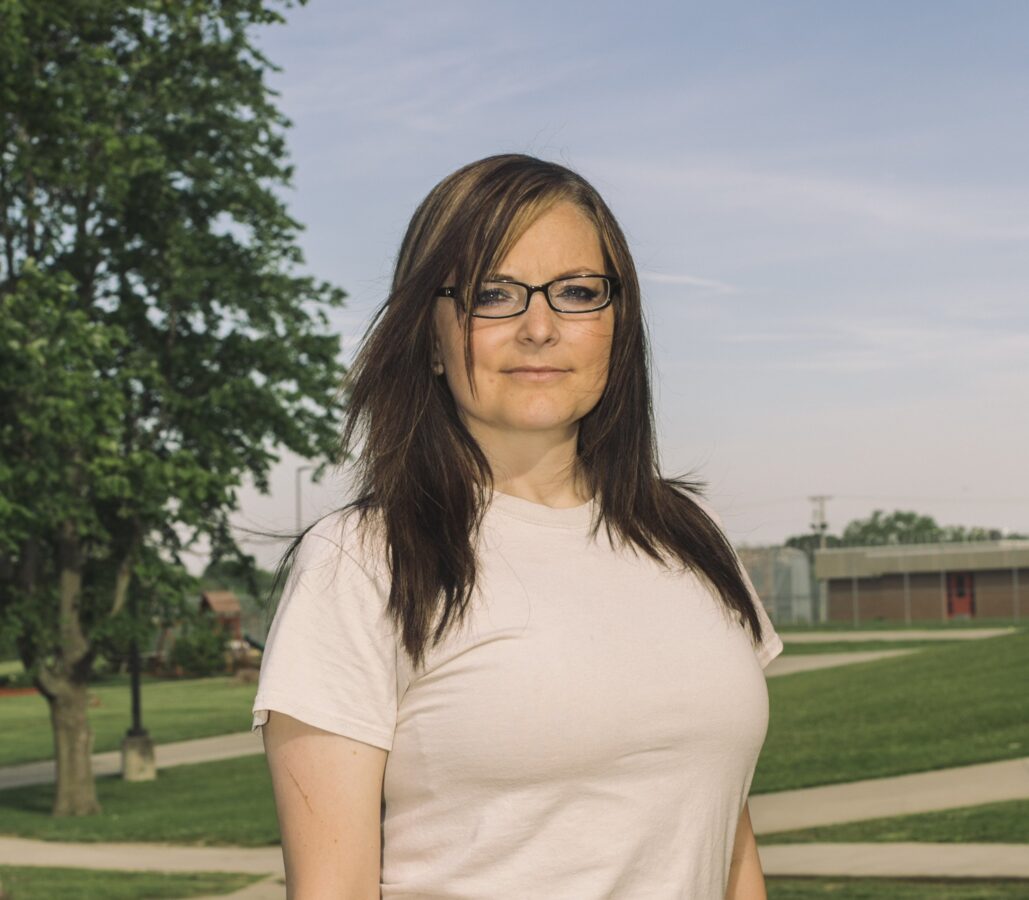The need for political education among incarcerated individuals is profound. The lack of opportunity to critically examine and discuss our political beliefs and motivations leave us vulnerable to manipulation by agenda that do not serve our interest. Without proper education and access to a language of expression we often struggle to see or describe how broader societal and systemic issues apply to our own situation, potentially reflecting a gap in our awareness and perpetuating disenfranchisement and marginalization. Political education can empower incarcerated individuals to understand and advocate for our rights, engage meaningfully with social justice issues, and contribute to systemic change.
Political education inside is now as critical as ever, but often neglected. Today’s carceral environment presents distractions and other challenges, disrupting social ties, continuing chaos, and limiting access to resources needed for effective education and collaboration. Many prisons face restrictions on educational content, especially political education, due to the all encompassing premise of “safety and security.” According to the Vera Institute of Justice fewer than 10% of U.S. prisons offer college-level courses. Addressing political education in this context requires organizational leadership, resilience, flexibility and attention to details.
We pursued a political education study effort coming together to read Until We Reckon by Danielle Sered. We explored the principles of restorative justice and connected our own experiences to larger societal issues. The book’s critique of the punitive justice system and its advocacy for restoration and community-centered solutions gave us the opportunity to share our own stories. These stories reflected our personal experiences with the lack of restorative practices and community-focused solutions, as well as both personal and systemic violence. This space allowed us to explore how these issues affect us and to consider how political education can drive meaningful change and address violence.
As we dove deeper into these discussions, personal stores came out that profoundly impacted our understanding. One member shared their experience of facing a “victim” in court who had also been involved in an abusive relationship with them. Her story illustrated the complex dynamics of victimization and perpetration, highlighting the need for a particular approach to justice and reconciliation. Another group conversation revealed the pervasive issues of structural and person racism in our environment, sparking intense reflection and dialogue. We also ventured into discussing personal experiences with violence and crime, areas we often consider taboo. This openness allowed us to confront these difficult subjects and consider the intersection of personal and systemic issues more deeply. By sharing our personal narratives, we began to see the broader impact of violence and racism, producing a more empathetic and informed perspective.
We desired to understand other incarcerated women’s views on violence and restorative practices, so we created a survey to explore their perspectives. Our findings revealed that violence is often seen as physical only, while emotional and structural harms are frequently overlooked. The survey revealed a strong need for community healing networks which are absent in the carceral environment in large part.
Those surveyed struggled to connect structural, economic, and discriminatory harms to their predicament, missing opportunities for self-compassion and understanding. Almost every woman surveyed reported experiencing physical violence before incarceration. Some indicated that they would want their abusers to be subjected to the same criminal system we are currently in. This response underscores a lack of insight into alternative restorative practices and reveals the challenges incarcerated people/political prisoners face in forming a political stance on abolition’s necessity. This highlights the complex nature of violence, the gaps in available restorative practices, and lack of political education.
Although we had challenges with scheduling and finding a meeting space, our weekly discussions created a space for vulnerability and deep reflection, highlighting the importance of understanding violence in all its forms. After 12 weeks we completed the book and found that achieving the knowledge and consensus we seek often relies on community recognition and intervention. This initial venture into political education revealed that the collective support is crucial for fostering healing and serves as a needed foundation for meaningful political and addressing violence.
Among us, there is a deep eagerness for political awareness and education. However, it seems that achieving this requires first becoming emotionally available for ourselves and one another, creating spaces of psychological and physical safety where growth and understanding can take root. In this is our political education.
Collective engagement and collaborative networks will play a vital role in making the most of our political education efforts. By engaging in conversations that span difference experiences and perspectives, we can broaden our understanding and create more inclusive and effective initiatives. This collective approach allows us to refine our strategies, identify shared challenges, and explore solutions that resonate across a variety of communities. Open dialogue and mutual exchange of ideas will build growth, healing and ensure lasting change.
Our small group invites anyone to actively contribute their insights, experiences and feedback to help us evolve these political initiatives, and continue building a supportive and empowered community.
Natalie Medley, Madison Correctional
To find out more about IDOC Watch’s political education, fill out the form below

